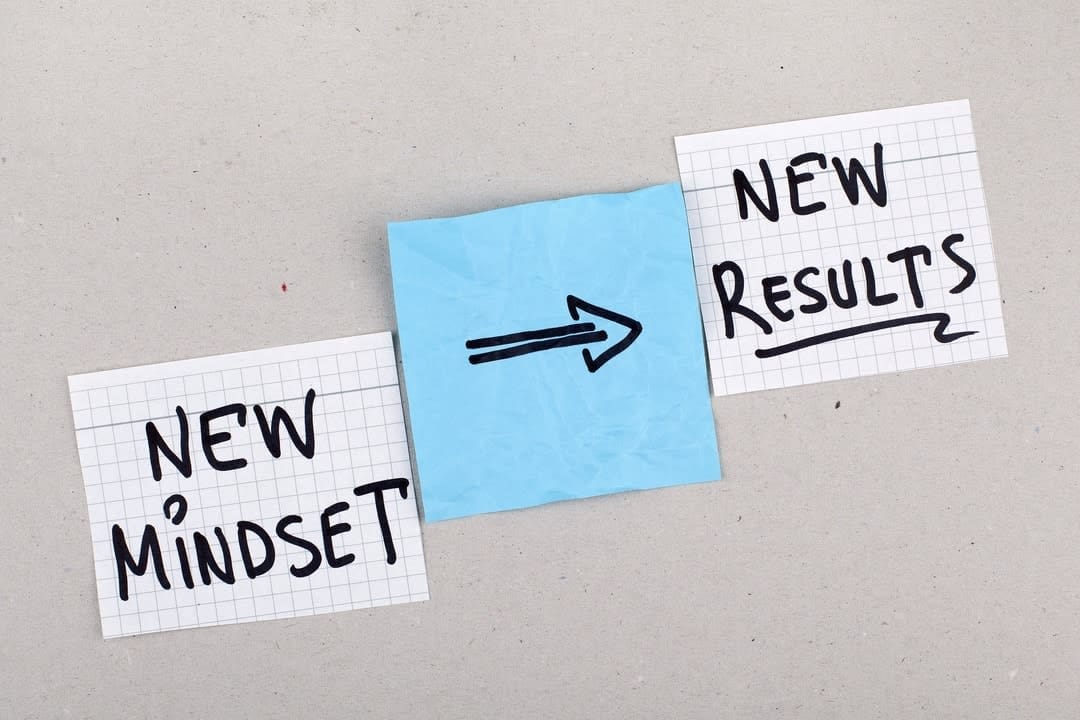
The COVID-19 pandemic has infected more than four million people and claimed more than 280,000 lives worldwide so far. It's one of the worst global catastrophes to hit humanity in a century. A novel coronavirus with no known cure, it represents an extreme case of the increasingly volatile, uncertain, complex, ambiguous (VUCA) world we live in. While it would be inaccurate to say no one saw it coming, it delivered a punch so sudden and sharp that it drew the collective breath out of the world.
The local response
Almost every country has had to respond to the pandemic. Most took similar actions within their local sphere of control, such as closing borders, declaring travel bans, fully deploying healthcare services, enforcing social distancing protocols and advanced hygiene habits, and initiating varying levels of country-wide lockdowns.
As at the end of April 2020, countries such as the US, Spain, Italy, France, the UK and others emerged as some of the worst affected, while New Zealand, Australia, Taiwan, Finland and others were effective in their responses, with widespread testing, controlling new infections, and limiting deaths.
Why is it that some nations have clearly been more effective in their response to the COVID-19 pandemic?
Agile nations
Countries that have been particularly effective in their responses to the pandemic are those that have been swift and firm.
They display a set of common traits that most closely align with the values of an "agile nation". I first presented this concept at a TEDxAuckland talk, "Agile Nation: New Zealand’s response to terrorism". The idea of an agile nation is inspired by the original Agile Manifesto that revolutionised software development with its values of human focus and responsiveness .
An agile nation applies agile values embodied by teams and managers in companies to a wider societal level, to tribes and leadership, to address national and global challenges. The four core values of an agile nation guide how nations and societies can function and respond in an increasingly VUCA (volatility, uncertainty, complexity, and ambiguity) world.
People and interactions within protocols and rules
Exemplary agile nations have followed social distancing and lockdown rules diligently, stepping out only for essential needs, and self-isolating where required. While staying physically away from each other, people have leveraged technology to continue virtual interactions with friends and family. Medical and health staff around the world have risen to the challenge, while grocery store workers and the police have risked their lives on the front lines to provide essential services of food and safety to their communities. Others continue to work from home and remote-school where possible.
Community collaboration over closed decision-making
Community collaboration has never been more important. Numerous instances have been reported of individuals and groups watching out for neighbours, the elderly, and the most vulnerable in society. As a side-effect of the lockdown, neighbours, otherwise busy with their own lives, have "discovered" each other. Another important form of collaboration is that of the leaders consulting with relevant experts. Strong agile nations have exhibited this value in practice, consulting with health experts to take informed decisions, and social media experts to distribute communications widely.
Policies and actions over speeches and promises
Leadership in agile nations have executed health, social, and economic policies and actions in addition to the necessary lockdowns. Governments have released economic relief packages to support those who have lost their jobs and are struggling financially, increased health screenings, attempted to bridge the digital divide, introduced packages for domestic violence and child abuse that tends to increase during such times of distress, and financially supported employers to retain their employees. Countries not doing so well are those that have ignored the signs and the science, have issued false and misleading speeches, and failed to create and execute appropriate policies and actions in time.
Responding to change over following the status quo
In a crisis as significant as the COVID-19, following the status quo is not an option. But not everyone responds to change in the same way. The past few months will be recorded in history as the best of times, and the worst of times.
Negative responses varied from panic buying and abuse of grocery store workers, to instances of racism against people of Chinese origin, and Islamophobia, attributing race and religion to a virus. Positive responses varied from pragmatic acceptance to unity, optimism, and selflessness. Songs from locked-down Italian balconies, celebrity donations, global telecasts raising more than US$50 million, office buildings and private spaces being turned into quarantine and treatment centres, and hospitals witnessing the supreme sacrifice of the elderly for the next generation highlighted the triumph of the human spirit, and the best of human responses to a global crisis.
Agile leadership and tribes
World leaders who have best modelled agile nation values, and their tribes who have best followed them, continue to deal with the crisis more effectively and robustly.
The role of leadership has been paramount in responding to the crisis. World leaders who were swift and firm, following the advice of relevant experts, and declaring clear guidelines and protocols, led an effective response. Their efforts were reinforced by their people, who heeded official advice. The countries displaying agile leadership with supportive agile tribes include New Zealand, Australia, Taiwan, Finland, among others.

World leaders who were in denial, modelled wrong behaviour, provided inaccurate, even dangerous advice, were slow to respond, unable to provide clear guidance, and those who did not enforce protocols uniformly have led their countries into dire straits as infection and death rates continue to rise. The US, UK, Italy, and France are examples. In these cases, the leadership was either far from agile, or not agile enough. Parts of the tribes, or the people in these countries, were seen to harbour similar cynicism, denial, and resistance to changing their lives in response to the crisis.
Other countries fall somewhere within this spectrum, where either the leadership or the tribes weren't as swift and responsive as the situation demanded.
Universal agile nation: a global response
Countries around the world largely continue to battle COVID-19 within their own boundaries, similar to the recommended protocol of assisting oneself with an oxygen mask in an emergency before reaching out to help others. But instances of cross-borders support have also been witnessed as doctors from China flew over to Italy to offer their expertise based on their experience of handling COVID-19 cases. Similarly, help was offered in terms of medical supplies to other countries.
As the rate of infections is controlled within national boundaries, more countries can be expected to reach across borders by exchanging medical supplies, technical know-how, and providing social and economic support.
Survival of the agile
The COVID-19 pandemic has made us appreciate some facts about crisis response.
A pandemic doesn't differentiate by colour, race, religion, country, or gender, reminding us of our frail human existence, the humble size of our planet, and the undeniable need for unity.
Agile leadership is key to battling any national or global crisis through swift and firm response, close collaboration with relevant experts, enforcing necessary actions early, regularly inspecting how the situation unfolds, and being continuously responsive.
Agile tribes must support their leaders through full cooperation with set rules and protocols, and by being open to change, even if it means staying physically away from loved ones, staying home, and slowing down, for the greater good of their communities.
When it comes to a global crisis such as COVID-19, it is survival of the fittest – and the fittest are those most agile.





